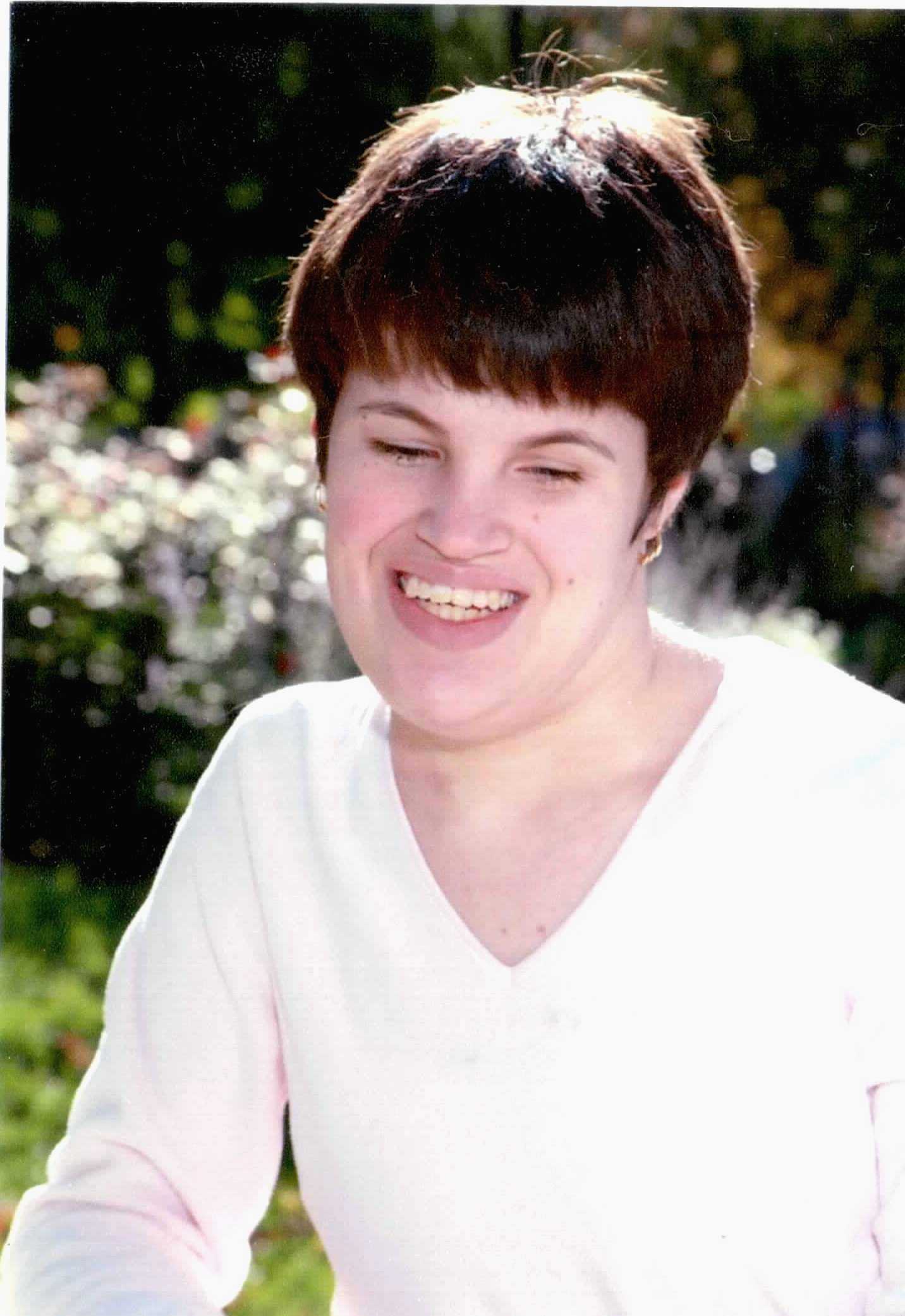In Parshat Vayera, we are reminded of the crucial role water plays in the life of all human communities. In Genesis 21, we read about the banishment of Hagar and Yishmael from their home, and how God revealed a well of water in Hagar’s moment of despair. Immediately following this, the Torah describes a negotiation between Avraham and Avimelech, the king of the Philistines, concerning a well of water that Avimelech’s servants took. Eventually they make a pact in which Avraham makes it clear to Avimelech that the well was one that he had dug himself. The Torah is here teaching us an important lesson about the value of water protection.
Water is incredibly important in Jewish tradition. Just a few short weeks ago, on the holiday of Shemini Atzeret, we recited Geshem, the prayer for rain, and began adding “Mashiv HaRuach u’Morid haGashem” (who causes the wind to blow and the rain to fall) to our Amidah, which we will continue to do daily until Passover. These prayers express our tradition’s understanding that water is life, that water must be protected, and that water is sacred. Through our liturgy, we are connected to the land of Israel, the place to which our tradition is inextricably linked, and especially to its agricultural cycles, wherever we may find ourselves in the world. Jews have prayed for rain in the Holy Land during this time of year for thousands of years because we are deeply aware of the fragility of life and how crucial water is for the lives of our people, all of humanity, and all living beings on this earth.
The very heart of the water protection actions on the Standing Rock Sioux Reservation in opposition to the Dakota Access Pipeline are a love for the land and a desire to protect and preserve it, as well as the steadfast commitment to protecting the water.
The Dakota Access Pipeline is slated to carry crude oil from North Dakota to Illinois and to cross under the Missouri River, which the Standing Rock Sioux rely upon for their drinking water. Opposing the pipeline is not merely an issue of environmental justice. It is a statement from a people long mistreated and discriminated against by the United States that enough is enough. Though this country has a long history of expropriating indigenous lands, breaking treaties it made with indigenous peoples, and forcibly transferring populations including the Sioux, the peaceful, prayerful water protection actions which have been occurring at Standing Rock since April are a form of beautiful, nonviolent resistance.
In recent weeks, horrific reports of police brutality against the water protectors, including the use of dogs, have been brought to light, and I find myself filled with incredible anger and despair. I am deeply moved by the stories I have heard of native folks reclaiming their indigenous spirituality and culture, and I think about the ways in which Torah speaks to this situation so strongly. At the moment of Hagar’s greatest despair, believing that her only child was going to die due to lack of water, God answers her, revealing a well from which she and Yishmael could drink. This was not the first time Hagar was cast out of her home—it happened once before when she became pregnant with Yishmael—and it might have seemed to her that, in the intervening years, God forgot the promise God had made. God’s actions demonstrate otherwise, leading her to the sacred, life-giving water that allows Yishmael to fulfill the divine promise he, too was given.
Though the United States has a long track record of broken promises and broken treaties with native folks, the thousands of native and non-native allies who are putting their bodies on the line are amply demonstrating that that historical status quo will be no more. Rooted in prayer and community, rooted in the conviction that even at moments of incredible despair hope for a better future is within our grasp, though promises have been broken before, we have the ability to fight for a better future for generations to come. May we recognize that all life is sacred, that water is life. Just as God heard the cries of Hagar and Yishmael, so, too, must we hear and respond to the voices of the folks at Standing Rock. Through prayer, song and direct action, they are embodying their sacred call to all of us for life, for justice, and for fulfilled promises.
Lauren Tuchman is in her 4th year of rabbinical school at the Jewish Theological Seminary and the rabbinic intern at T’ruah.

